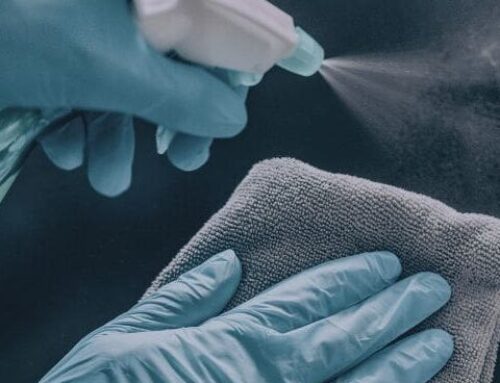June 2017
Legionellosis or Legionnaires’ disease is a respiratory infection (pneumonia) caused by the bacterium Legionella pneumophila.
The bacterium is usually found in water and is acquired by breathing in mist that contains the microorganism. Many individuals who are exposed to the microorganism will not develop infection, but a subpopulation is at greater risk. Risk factors include age, history of smoking and a weakened immune system.
A recent analysis conducted by the CDC found that among 21 jurisdictions studied, 76% reported cases of Legionnaires’ disease attributed to a health care facility. This is particularly worrisome since Legionnaires’ disease acquired in a health care facility has a much higher mortality rate – 1 in 4 patients – than when it is community-acquired.
Cases of Legionnaires’ disease were associated with 72 unique facilities. Approximately 80% were associated with long-term care facilities while 18% were associated with hospitals. The number of cases in each facility ranged from 1 to 6 and 88% of all cases were found in people 60 years of age or older.
On June 2nd, 2017, a new survey and certification letter was put into place by the Centers for Medicare and Medicaid Services which encourages implementation of more advanced water management programs in an attempt to reduce deadly healthcare-associated cases of Legionnaires’ disease.




